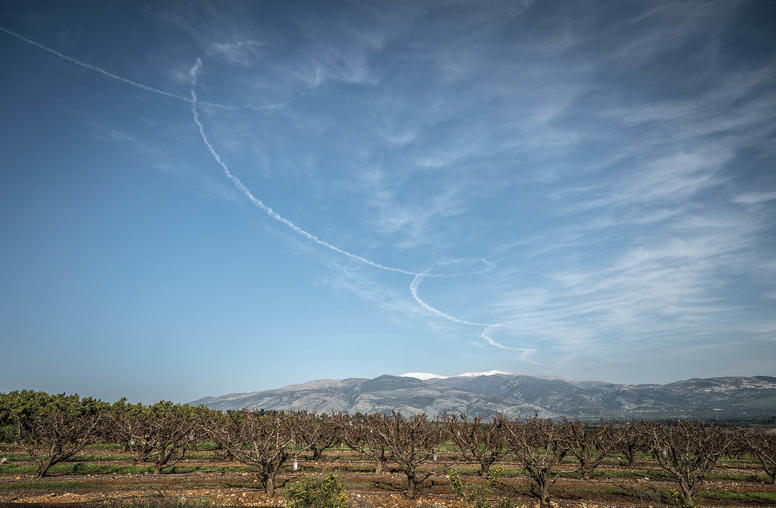The Fallout of the War in Syria
Understanding the Conflict’s Regional Consequences
The Syrian conflict has been devastating both within the country and outside its borders. Neighboring Jordan, Lebanon, and Iraq have all suffered from disproportionate social and economic impacts as well as a decrease in GDP. Trade and tourism have taken a hit, while poverty rates have increased and labor market conditions have deteriorated. Yet, the regional interdependence that has led to such negative impacts may also hold the answer to addressing these challenges. A regional approach could unlock creative solutions that ultimately bring stability and even prosperity.
On September 25, USIP held an in-depth presentation and discussion of the World Bank’s new publication, “The Fallout of War: The Regional Consequences of the Conflict in Syria.” The panel included the report’s lead author as well as regional experts who provided insight on the economic and social effects that the Syrian conflict has had on its neighbors.
Continue the conversation on Twitter with #SyriaFallout.
Speakers
Saroj Kumar Jha, introductory remarks
Regional Director of the Mashreq Department, World Bank
Harun Onder
Senior Economist, World Bank; Lead Author, “The Fallout of War: The Regional Consequences of the Conflict in Syria”
Randa Slim
Senior Fellow and Director of Conflict Resolution and Track II Dialogues Program, Middle East Institute
Natasha Hall
Senior Fellow, Center for Strategic and International Studies
Mona Yacoubian, moderator
Senior Advisor for Syria, Middle East, and North Africa, U.S. Institute of Peace



